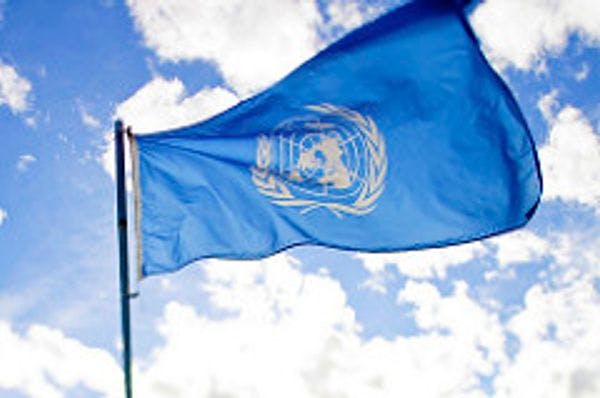Les experts en droit exhortent l’ONU à rejeter les tribunaux de la drogue
Les tribunaux dédiés aux affaires de drogue misent fortement sur les sanctions aux dépens d’un traitement adapté et ne servent pas les intérêts de ceux qui en ont le plus besoin. Pour en savoir plus, en anglais, veuillez lire les informations ci-dessous.
Abonnez-vous à l'Alerte mensuelle de l'IDPC pour recevoir des informations relatives à la politique des drogues.
By Daniel Abrahamson
The U.S.-led war on drugs and U.S.-shaped international drug policies are being scrutinized and debated this month by governments from around the globe as the world’s countries prepare to gather in mid-April for the United Nations General Assembly Special Session, or UNGASS, to review the world’s drug control regime. It is the first such meeting in 18 years.
The good news is that there are signs that American leaders are beginning to question the wisdom of a four decade-old war on drugs that has caused more harm than good. Increasingly, elected officials and the public are condemning laws that marginalize, criminalize and incarcerate millions of U.S. citizens for using drugs - laws that have helped make the U.S. the world’s leading jailer and have caused particular harm to persons and communities of color.
The bad news is that the U.S. continues to prioritize the use of police, prosecutors and judges to deal with persons who possess and use illicit drugs. Nowhere is this more evident than the persistent push by local and national politicians to implement or expand so-called drug courts, and their encouragement of other countries to do the same. Today, roughly 3,000 such courts operate around the country.
Click here to read the full article.
Keep up-to-date with drug policy developments by subscribing to the IDPC Monthly Alert.
Thumbnail: Flickr sanjitbakshi
